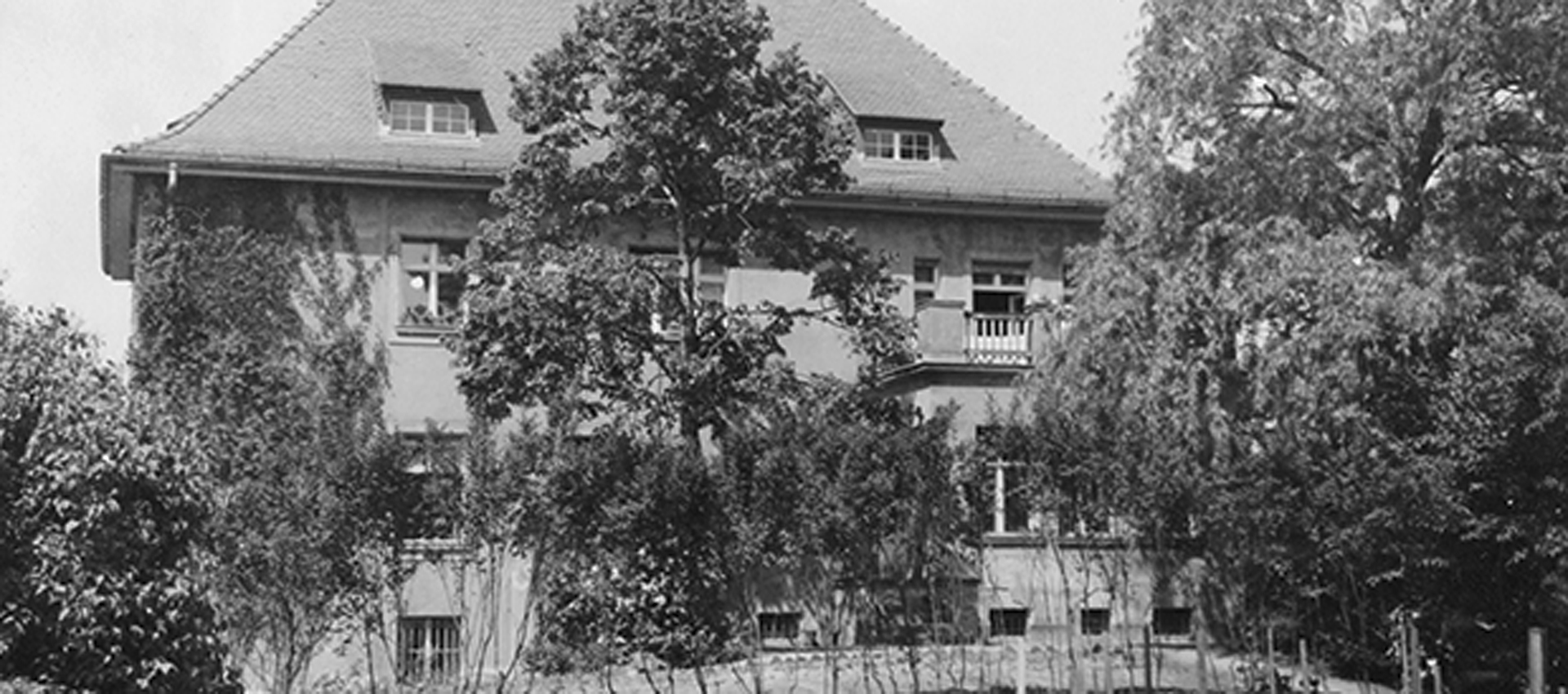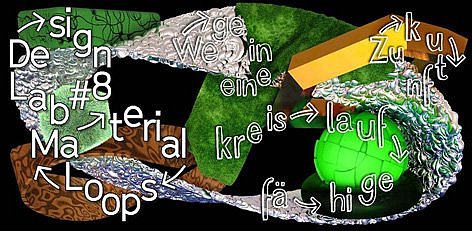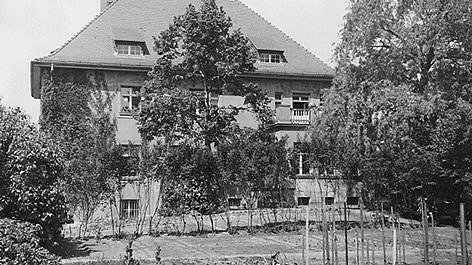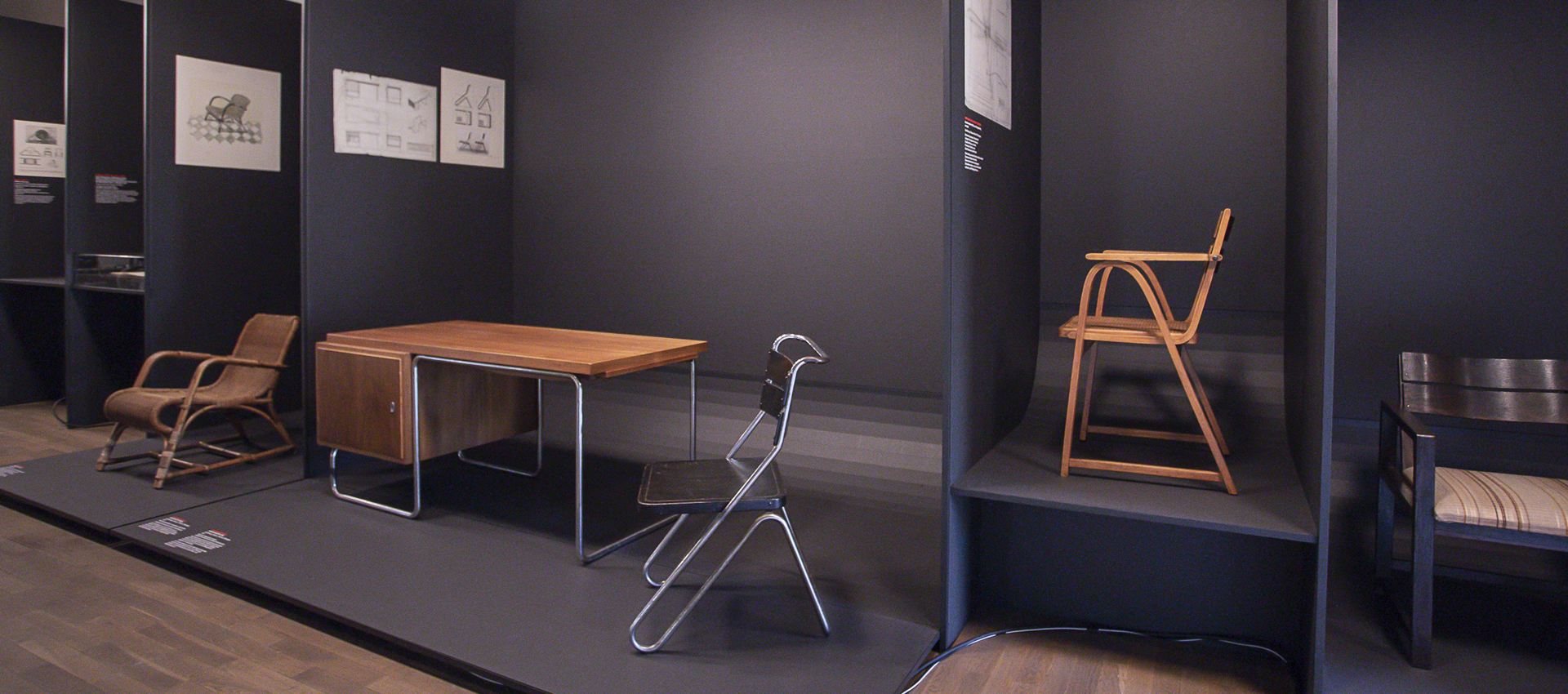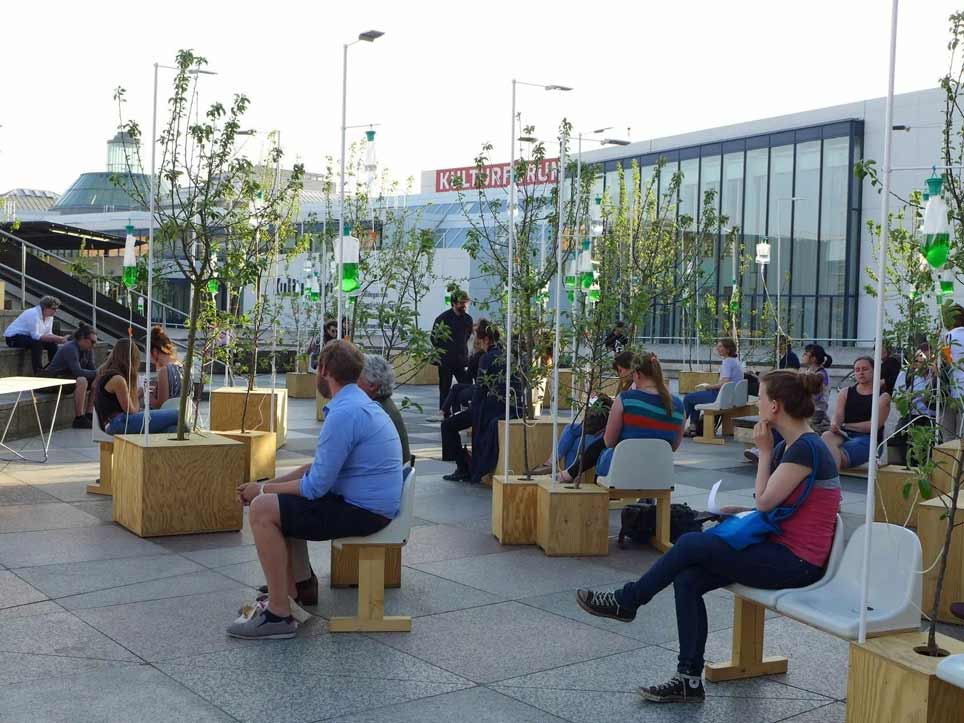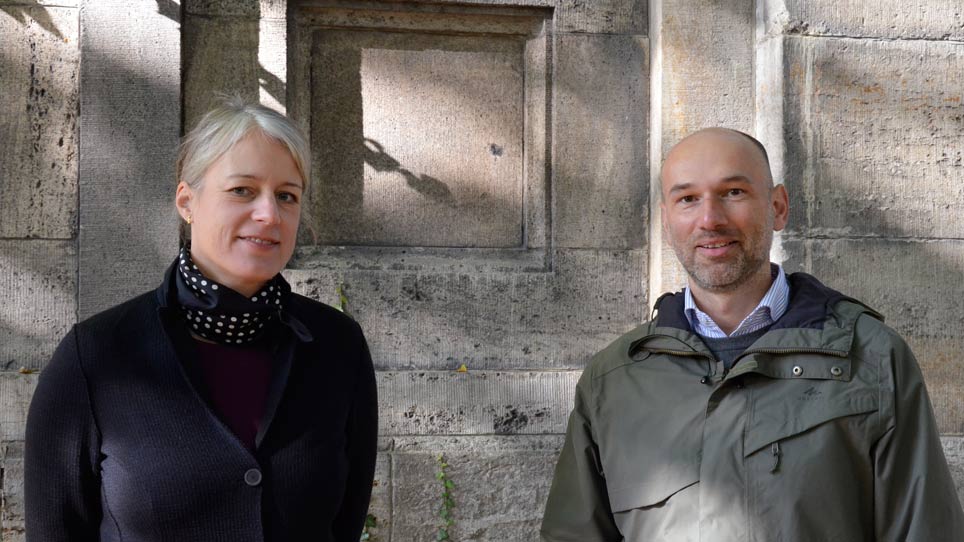Each institution at the SPK is pursuing its own projects to help make the Foundation greener.
SLOW. Slow Design for Fast Change (November 26, 2021 to May 15, 2022)
The Kunstgewerbemuseum (Museum of Decorative Arts) opened its permanent exhibition to a variety of furniture designs and objects representing concepts of „Slow Design“: These objects entered into a dialog with historical exhibits from periods ranging from the Baroque to Art Nouveau and Art Deco. Each of them articulated a specific zeitgeist and debate that is influencing the design world: “slow” design for rapid change.
Young designers created the objects specially for this project, crafting them exclusively from American hardwoods. With input from international designers Hanne Willmann, Sebastian Herkner and Garth Roberts as mentors, the temporary exhibition was organized in cooperation with the American Hardwood Export Council (AHEC).
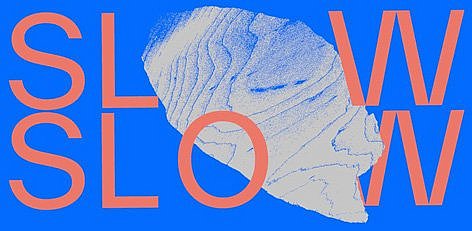
Slow design for fast change © Staatliche Museen zu Berlin, Kunstgewerbemuseum
Design Lab #5: Times of Waste – the Leftovers (January 25, 2020 to March 13, 2020)
This exhibition presented the results of a research project called "Times of Waste", which examined the transformation processes involved in the life cycle of a smartphone and its components using both artistic and scientific methods: an object biography was created to chart various transportation and recycling routes. It maps out economic transformations and new relationships, showing both local and global connections. Their investigations led the researchers to dumps and shredders, to repair shops, research labs, and a variety of materials and people.
Design Lab #8: Material Loops – Paths to a Circular Future (June 11, 2021 to August 29, 2021)
The future is circular: guided by this vision, the Kunstgewerbemuseum (Museum of Decorative Arts) devoted its eighth Design Lab to the subject of the „Circular Economy“. Materials play a key role in the pursuit of a circular society and economy. “Design Lab #8: Material Loops – Paths to a Circular Future” worked closely with the Hans Sauer Foundation to provide a platform for this discourse, in which a selection of forward-looking design projects were presented as an introduction to circular thinking and action.
The network of participants extended from Berlin across Germany and all the way to Italy's circular city of Prato. The exhibition was accompanied by a downloadable digital reader that was offered at no charge.
Today's Well-Groomed Lawn Was Yesterday's Vegetable Patch
Did the state archivists of yesteryear water tomato plants after work in the grounds of the Archive?
It's quite possible. Employees of the Geheimes Staatsarchiv Preussischer Kulturbesitz (Prussian Secret State Archives, GStA) reprised this tradition and planted flowers as part of the SPK sustainability project „AG Greening up Haus und Hof“ – to the delight of both the people and animals nearby.
Interdependent Inequality Research in Latin America: Structures and Negotiations
The „Interdependent Inequality Research in Latin America“ network is part of desiguALdades.net, an international, interdisciplinary and multi-institutional research network. The latter first received financial support from the German Federal Ministry of Education and Research (BMBF) in 2009 as part of the ministry’s area studies line of funding. In the second phase of funding (May 1, 2014 – April 30, 2016), the network was expanded to meet goals defined in the research program “Inequality Research in Latin America: Structures and Negotiations.”
The Ibero-American Institute is coordinating two complementary work packages. One will develop a study that deals with the global valorization of nature and identifies the specific features of socio-environmental inequalities. It will examine the question of how heterogeneous legal frameworks and sectoral policies with differing objectives enable or restrict the incorporation of resource usage in global production chains. It will also identify typical arenas for the negotiation of socio-environmental conflicts.
The second work package is an in-depth study that looks at lithium mining in Chile and Argentina as an example of global extractive value chains and social inequalities. Minerals and other extractive products have accounted for a large share of the economic growth of many Latin American countries in recent years, but they entail contradictory environmental relationships with global dimensions. In the case of lithium extraction, for example, the vision of “green” electro-mobility for global elites stands in a contradictory relationship with the rural lifestyles of local populations, for whom the extraction of lithium entails a possibly irreversible loss of ecosystems and resources that will affect future generations as well.
Sustainability Work Groups at the SPK
Employees from different SPK institutions and departments have formed work groups to make the Foundation more sustainable. Each work group focuses on different topics and action areas.
- Greening up
Every journey starts with a first step – and in that spirit, members of the “Greening Up” work group plant flowers, shrubs and wildflower meadows to help create a more environmentally sustainable SPK.
- Green Mobility at the SPK
“Green Mobility” develops proposals and ideas for making the transport of passengers and goods, both inside and outside the SPK, more environmentally friendly. That includes bicycle infrastructure, internal shuttle services and other transportation as well as work-related travel.
- Sustainable Food and Drink at the SPK
“Sustainable Food and Drink at the SPK” aims to make food and drink more sustainable, both for staff and visitors. The work group plans to set up water dispensers and arrange for seasonal foods in the employee cafeterias. And for the visitors, it aims to encourage sustainability in the restaurants and cafes and promote innovative catering concepts at SPK events.
- Sustainability (Staatsbibliothek zu Berlin)
In May 2021, staff members from a variety of departments at the Staatsbibliothek (Berlin State Library) formed a work group to address urgent sustainability issues in the operation of the library.
- Recycling and Reuse
Along with other industries, the cultural sector has likewise recognized the need for a system of recycling management. Not long ago, the Kulturstiftung des Bundes (Federal Cultural Foundation) organized a workshop series with material re-use initiatives from museums, theaters and galleries (Circular Economy in the Cultural Sector – Kulturstiftung des Bundes). Recycling and Reuse hopes to implement these ideas through projects in the Foundation.
- Resource-Efficient Working at the SPK
Resource-Efficient Working at the SPK is devoting itself to the specific opportunities and potentialities of resource conservation in day-to-day work.
